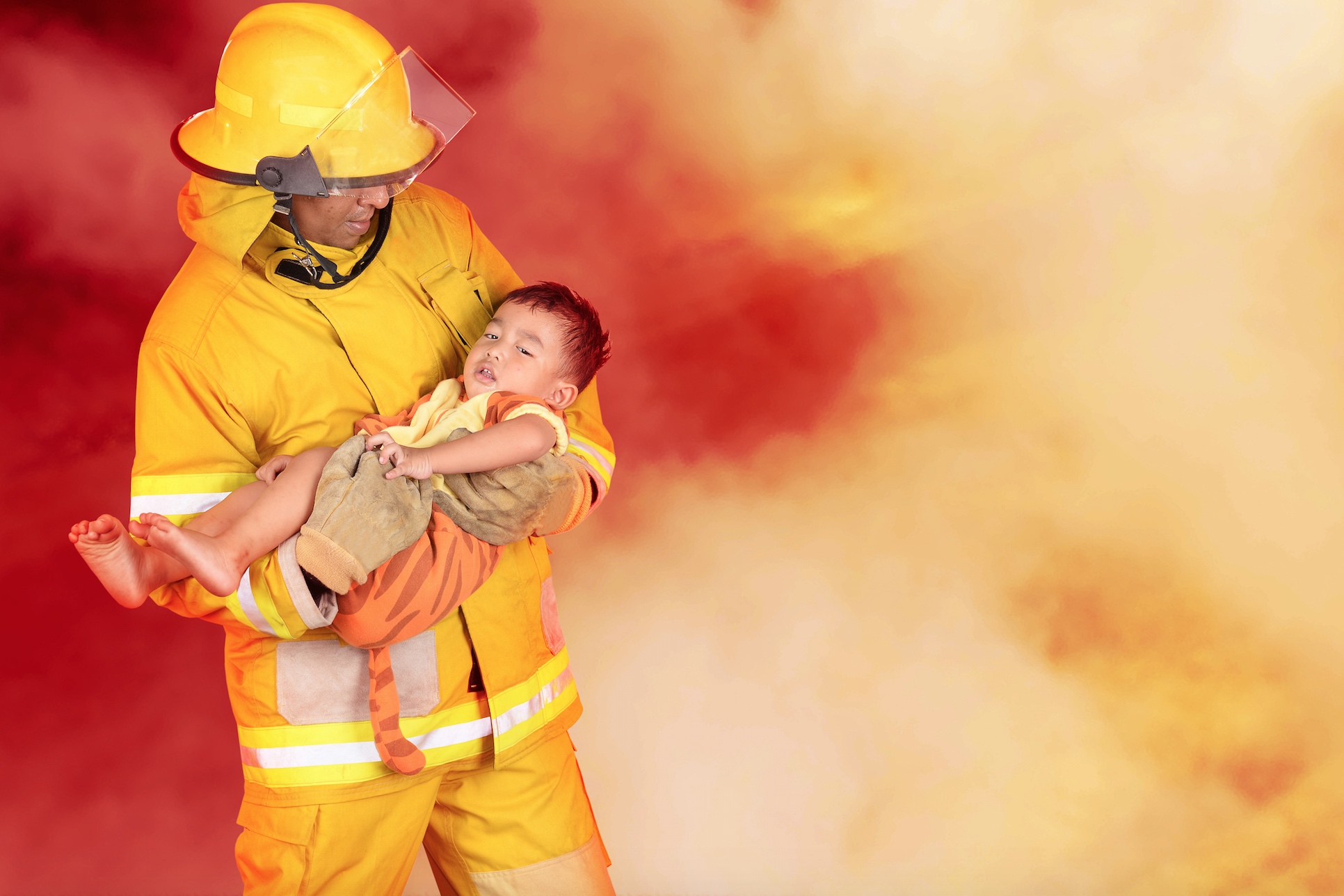Today, we celebrate National First Responder’s Day. Not only is this an excellent day to honor the firefighters and EMTs who dedicate their lives to saving others, but it’s an opportunity to learn from them.
We may feel burdened, overwhelmed, and fatigued by chronic stress that bubbles up in our work lives. But first responders face acute stress on a daily basis, often in life-and-death situations. How do they do it?
Sometimes by instinct and sometimes by training, first responders condition themselves to view stress as a job-enhancing state. A heartbeat monitor stimulates an incredible focus on the part of an emergency room doctor. Chaotic surroundings at a car crash fuel an assertive, take-charge response for an on-duty paramedic. By conditioning their bodies to believe that stress is a call-to-action, a kind of performance stimulant, first responders can also protect their own nervous and immune systems. That’s because they avoid a negative shame spiral that pairs with stress in some of us mere mortals. They don’t view stress as bad. It’s simply part of their world. It’s normal. All too often, we consider stress debilitating and an undesirable state.
So next time stress hits, consider that it’s not actually a debilitating or disagreeable condition, but rather a call-to-action to be on point and deliver the best version of yourself.
To help evolve your attitudes on stress, I’ve put together a little video. I hope it will inspire you to view stress as life-enhancing, rather than debilitating, while also honoring the doctors, nurses, paramedics, and firefighters who deal with daily stress to make our world a better place.
Following the crisis of stress discussed in my previous video, I hope this newest addition will bring a pragmatic, real world strategy for handling stress. Please feel free to leave a thank you or compliment to your favorite first responder on our video page and be sure to subscribe to my YouTube Channel to receive more ideas on how to apply positive psychology to your life!

